Source: Health Times (ID: jksb2013)
We often say, “Food is the heaven for the people.” In fact, food is not only for filling the stomach but also serves as a great “medicine” for disease prevention and health maintenance! By paying attention to a healthy diet, the right foods can double the effects, surpassing the benefits of medication! Health experts teach you how to eat, come and learn!

Researcher from the Nutrition Department of the General Hospital of the People’s Liberation Army, Expert in Preventive Health Consultation of the Central Health Committee Zhao Lin
1. Cauliflower is a “Savior” for Breast Cancer Patients
Cauliflower originated from the Mediterranean coast. In the mid-18th century, there was a medicinal liquid in Europe known as “Buhal syrup,” made from cauliflower juice mixed with honey, which was very effective in treating tuberculosis and cough, saving many poor lives, hence cauliflower is known as the “doctor of the poor.” Our research found that when suffering from stomach cancer, the serum selenium levels in the body decrease, and the concentration of vitamin C in gastric juice is also lower than that of normal individuals. Cauliflower not only replenishes selenium and vitamin C but also provides abundant carotene, preventing precancerous lesions and inhibiting tumor growth, effectively preventing and treating stomach and breast cancer. Therefore, patients with breast cancer or those wanting to prevent breast cancer should eat more cauliflower. This is because breast cancer is related to the estrogen levels in the body, and cauliflower contains a nitrogen compound called indole, which can lower the levels of estrogen in the body, thus preventing the stimulation of active estrogen on breast cells, playing a role in cancer prevention and treatment.

2. For High Cholesterol, Eat Two Sweet Potatoes Daily
Many people find out they have high cholesterol during health check-ups and come to ask me what medicine to take. I actually tell them that eating two sweet potatoes daily can solve the problem!
Sweet potatoes contain 8% dietary fiber, most of which is soluble fiber, which is very effective for bowel movements. Li Shizhen once said, “Eating sweet potatoes makes people live longer and suffer less from diseases,” and “Sweet potatoes can nourish the middle, warm the stomach, nourish the five organs, and prolong life.” A study by the University of Tokyo on the cholesterol-lowering effects of 130 foods found that sweet potatoes are ten times more effective than other foods. Therefore, if you have high cholesterol, you can eat two sweet potatoes every morning and evening.
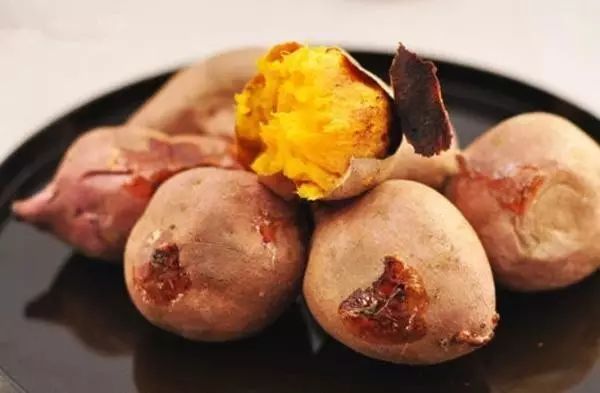
3. For Heart Health, Eat More Potatoes
Many people think of potatoes as just “starch lumps,” but they are actually very powerful. Potatoes contain 15% to 25% carbohydrates, which is higher than all other vegetables, and they also contain more protein than most vegetables. Because potatoes are high in calories, they are commonly used as a staple food in Europe. Someone once said, “Without potatoes, there would be no industrial revolution in Europe,” because at that time, the main food that the working class relied on for survival was potatoes.
More importantly, potatoes are also rich in vitamin C, sodium, potassium, iron, etc., especially potassium, which is abundant, with 502 mg of potassium per 100 grams of potato, making it one of the few high-potassium vegetables. Patients with heart disease, especially those with heart failure, often experience varying degrees of edema and frequently take diuretics, which can lead to potassium loss and a tendency for hypokalemia. Therefore, regularly eating potatoes can replenish potassium, carbohydrates, proteins, minerals, and vitamins.
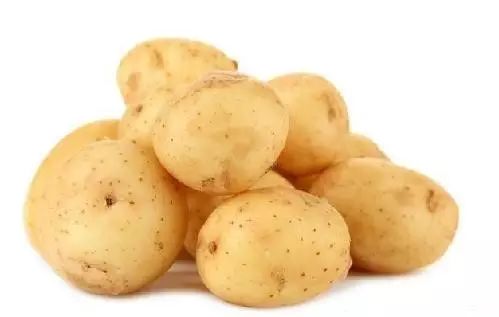
4. For Diabetes, Drink “Sixth Grade Tea”
Once, I visited a tea shop in Dongcheng, Beijing, and found many elderly people buying a type of tea called Green Pearl, which is very cheap because it is coarse old tea, costing only twenty yuan per pound. Generally, tea is classified into first, second, third grades, etc., and this is probably a sixth-grade tea, which is of very poor quality. I asked them why they were buying this tea, and they told me it could treat diabetes. I consulted an old TCM doctor, who said that this cheap old tea, when brewed with cool boiled water, is very effective. Later, I checked the information and found that ancient medical books clearly recorded that coarse old tea can treat “Xiaoke syndrome” (diabetes). In addition, this method is now used in Japan, where they pick leaves from old tea trees and brew them for diabetic patients to drink. What many people do not know is that these sixth-grade teas, which are considered the lowest quality, contain twice the amount of tea polysaccharides compared to first-grade teas, and tea polysaccharides are recognized as having excellent blood sugar and lipid-lowering effects.
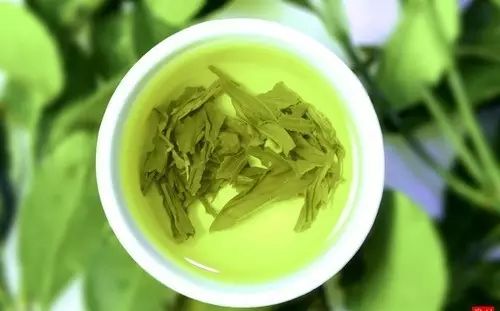
5. Eating Eggplant Raw Can Lower Blood Lipids
In 1992, we conducted a national stroke survey, and the results showed that the ethnic groups with the lowest incidence of stroke in the country were the Dai and Yi people. On one occasion, I went to Xishuangbanna and specifically visited the homes of Dai residents to investigate, discovering that they eat a wide variety of vegetables, many of which are very healthy. For example, eggplant; some children in the local villages eat raw eggplant as it is. But how do most people eat eggplant now? Many restaurants prepare it as “oil-braised eggplant,” and because eggplant absorbs oil so well, it takes a lot of oil to fry one eggplant! In our community nutrition survey, we found that some families use two taels of oil just to fry one eggplant.
If eggplant is eaten raw or steamed and mixed with vinegar or garlic, it is healthy. This is because eggplant has a strong ability to absorb fat and can lower lipids and cholesterol.
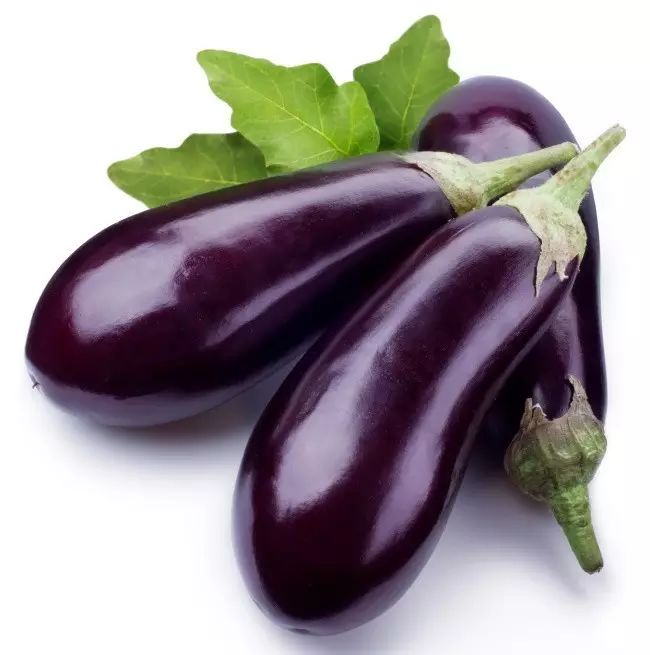
6. Elderly Should Eat Chestnuts to Prevent and Treat Lower Back and Leg Pain
Chestnuts have very good dietary therapy effects for elderly people suffering from lower back and leg pain. Elderly individuals with kidney deficiency, weakness in the lower back and legs, or frequent urination should chew 1-2 raw chestnuts slowly in the morning and evening for effective results. When eating, they should be chewed thoroughly until they become a paste before swallowing. The Tang dynasty poet Du Fu suffered from beriberi in his old age and could not be cured for a long time. An old farmer saw this and suggested a remedy: “Crush the chestnuts, eat them raw in the morning and evening or make soup, and you will recover.” Du Fu followed this advice, and after half a month, his beriberi was cured. Previously, an old cadre from Xingtai came to me to present a banner, saying that after listening to my report six months ago and eating chestnuts for half a year, his lower back and leg pain had completely healed.
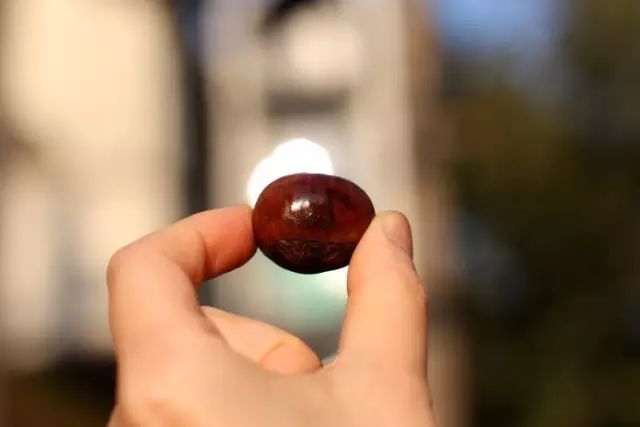
7. For Poor Appetite, Eat Vinegar-Soaked Raw Peanuts
Peanuts are known as “longevity fruit.” If elderly individuals find their appetite poor and blocked, they should chew a few raw peanuts carefully and swallow them. Just the other day, I returned from Luoyang, where I had a very clever cold dish made with raw peanuts soaked in vinegar, which has excellent digestive effects. Peanuts contain three health components:
1. Resveratrol can act as an antibacterial, anti-inflammatory, anti-allergic, anti-thrombotic, antioxidant, and free radical scavenger, not only preventing and treating coronary heart disease and hyperlipidemia but also inhibiting tumor occurrence.
2. The β-sitosterol in peanuts has strong physiological activity, capable of blocking carcinogenic substances from inducing cancer cell formation, lowering serum cholesterol levels, and preventing and treating hypertension and coronary heart disease. 3. The luteolin in peanuts has a blood pressure-lowering effect.
Peanuts are also rich in monounsaturated fatty acids, with about 80% of the fatty acids in peanut oil being unsaturated. Eating peanuts can help decompose cholesterol in the liver into bile acids, enhancing its excretion, thus lowering cholesterol and effectively preventing atherosclerosis and coronary heart disease.
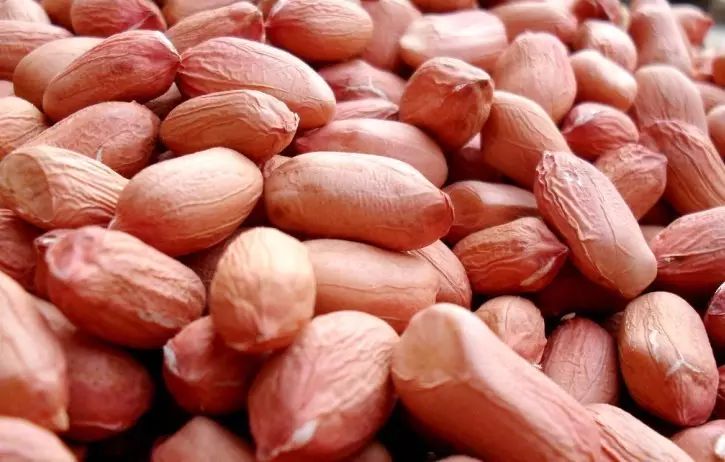
8. Elderly Should Eat Spinach for Constipation
Currently, many elderly individuals suffer from constipation, and they can eat more spinach, which is smooth and can help with bowel movements. The “Sui Xi Ju Yin Shi Pu” states that spinach can “open the chest and diaphragm, promote digestion, moisten dryness, invigorate blood, and is suitable for those with constipation and hemorrhoids.” At the same time, a study from Harvard University found that spinach has excellent protective effects on our retina. Middle-aged and elderly individuals who consume spinach 2-4 times a week can reduce the risk of retinal degeneration. Regular consumption of spinach can also enhance resistance to infectious diseases and promote growth and development in children. It is also effective in preventing oral ulcers, cheilitis, glossitis, dermatitis, and scrotal inflammation.
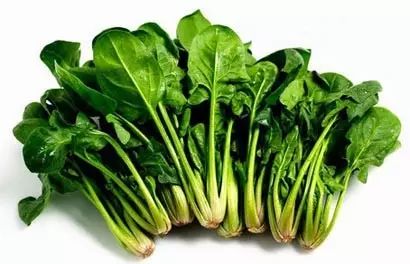
9. Start Eating Camellia Oil from Pregnancy
Real good oils are cold-pressed oils. When buying olive oil, one should check if it is cold-pressed. There are several good oils in our country, one being sesame oil, and another is the fragrant oil we eat, peanut oil is also good. Among them, I think the best is camellia oil, also known as tea seed oil. Camellia oil is also called “wife oil” because it has a very high smoke point of 220°C, so when cooking with camellia oil, there is no smoke in the kitchen. Camellia oil helps with postpartum recovery and conditioning for mothers. In Taiwan, it is referred to as “childbirth oil” or “month-long treasure,” and in folk terms, it is also called “milk supplement oil” or “longevity oil.” Currently, 80% of women in our country become overweight after childbirth, with 20% of women experiencing permanent obesity postpartum. If you want to avoid gaining weight, what should you do? Start eating camellia oil from pregnancy, and you can also use camellia oil to stew crucian carp. Because the oleic acid content in camellia oil is higher than that in olive oil, oleic acid can lower total cholesterol and low-density lipoprotein cholesterol without lowering beneficial high-density lipoprotein cholesterol. Regular cooking oils, after absorption, partially accumulate in the body and convert to fat, leading to obesity. In contrast, camellia oil has a “non-fat accumulation” property, and its rich monounsaturated fatty acid oleic acid reacts with decomposing enzymes in the body, converting to energy, thus blocking the generation of visceral and subcutaneous fat.
These dietary therapy methods are excellent, but we still want to remind you of two points:
1. We advocate dietary diversity and balanced nutrition. No matter how nutritious a food is, one should not focus solely on one type; it is important to eat a variety of foods;
2. Dietary therapy cannot replace medication; when ill, one should still take medication under a doctor’s guidance, and then combine it with dietary therapy.
This issue was edited by: Cui Peng, Hu Chengyuan

If you find this useful, please like it↓↓↓

